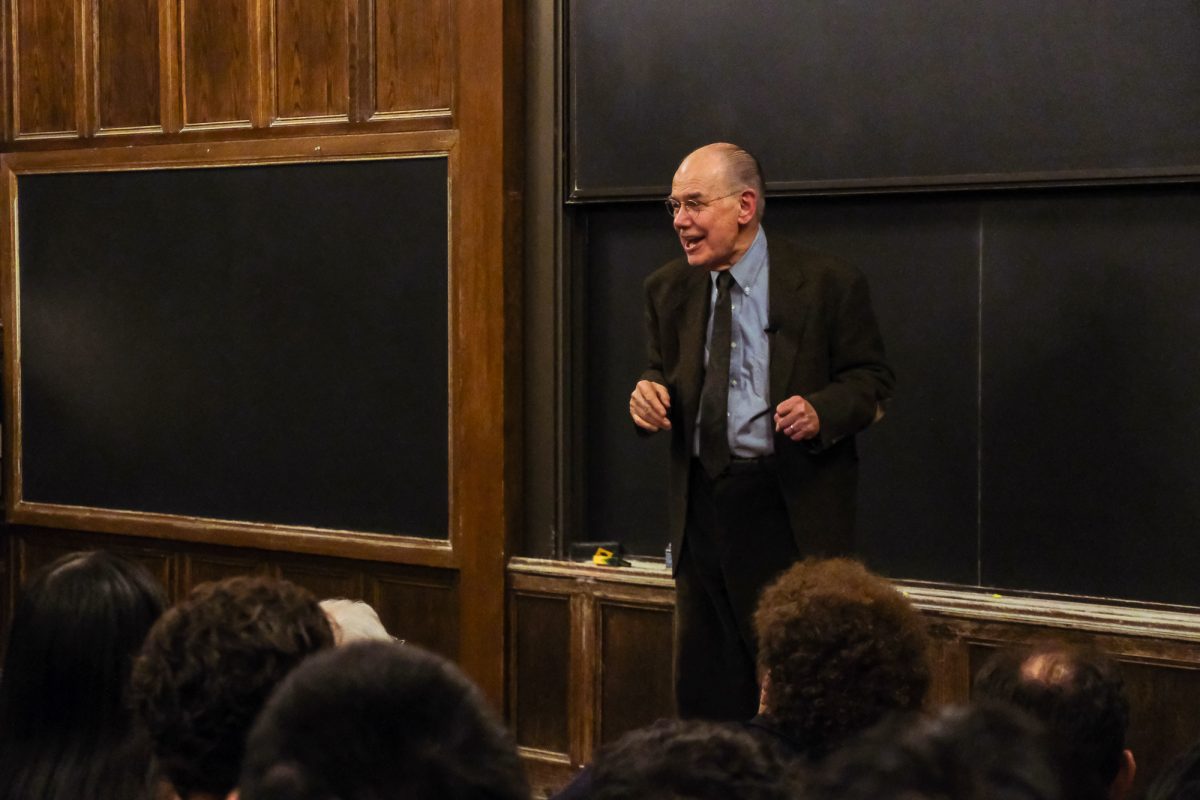On April 12, College Council (CC) passed a resolution that calls on the University to divest from 10 companies that the U of C Divest coalition sees as complicit in Israeli human rights abuses against Palestinians.
The coalition said it was acting in direct response to the “Boycott, Divestment, and Sanctions” (BDS) movement, to which the resolution references five times. At the April 12 meeting, an amendment removing all references to BDS was narrowly passed by a vote of 8–7. Representatives’ votes were not documented, however, and The Maroon’s attempts to re-poll CC members yielded a 7–8 vote total.
Another amendment that would have added a clause affirming Israel’s right to exist failed. The amended resolution without references to BDS also failed in a 4–6 vote, but CC motioned to vote on the original, unamended version of the resolution, which passed 8–3.
Opponents of the resolution criticized CC for choosing to represent the student body on a highly controversial political issue. “I think that we voted on something that no one on this Council ever ran on voting on, and I think we voted on something that is truly out of our scale,” said Calvin Cottrell, a second-year representative who opposed the motion. Resolution supporters on CC insisted that the group was, per its bylaws, “the legitimate voice of the student body,” and had a moral obligation to express the will of the students on the issue.
The University has said that it will not divest from the listed companies, citing the 1967 Kalven Report which maintains that the University will not take collective action on social or political issues, with the exception of narrowly defined “extraordinary instances” when the University’s mission or value of inquiry is threatened. “The University of Chicago will not divest from companies for doing business in Israel,” reads an April 14 statement. “The University continues to strongly oppose boycotts of academic institutions or scholars in any region of the world, including recent actions to boycott Israeli institutions.”
The University did not divest from Sudan during the war in Darfur, and it did not divest from fossil fuels after a 2013 referendum on the matter showed that 70 percent of the student body supported divestment. It also did not divest from South Africa during the apartheid era, when an ad hoc committee called on the University to do so under a name remarkably similar to U of C Divest—“U.C. Divest Now”—outdated now as “U of C” rose in popularity.
At a well-attended meeting on May 3, CC representatives voted to avoid up-or-down votes on resolutions calling for Blue Chips to divest from the same 10 companies and for the University to divest from China. CC tabled the resolutions indefinitely, which means that they could not be considered for the remainder of this academic year. The resolutions were proposed by Matthew Foldi and Tamar Gordis, members of the UChicago Coalition for Peace, a student group that opposes divestment from Israel. Critics of the China divestment resolution said that it was political maneuvering to attempt to expose hypocrisy within CC, rather than to express concern for human rights abuses.







